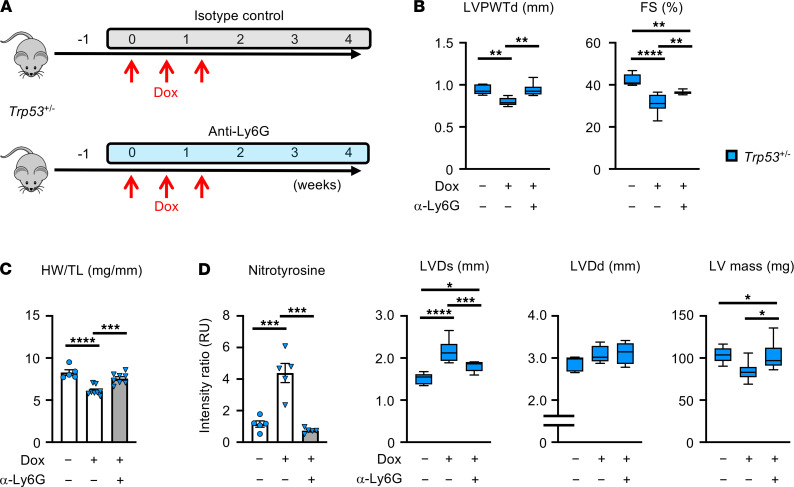Figure 4. Neutrophil overactivation contributes to the cardiac toxicity induced by Trp53-mediated clonal hematopoiesis.
(A) Schematic of the study in B–D. Lethally irradiated mice underwent a competitive BMT with 30% Trp53 heterozygous–deficient (Trp53+/–) cells. After a 6-week recovery from BMT, mice received an intraperitoneal administration of anti-Ly6G (clone 1A8, neutrophil depletion) or isotype control (clone 2A3) antibody (antibody, 500 μg/injection/mouse, 1 injection/3 days for 4 weeks) from 1 day before Dox administration (15 μg/g, split into 3 injections over 10 days) until the end of this study. (B) Left ventricular posterior wall thickness diameter (LVPWTd; mm), fractional shortening (FS; %), left ventricular end-systolic diameter (LVDs; mm), left ventricular end-diastolic diameter (LVDd; mm), and left ventricular mass (LV mass; mg) at the end of study. (C) Heart weight (HW) adjusted to tibia length (TL). (D) Relative immunofluorescence values of 3-nitrotyrosine staining in heart sections of mice. All mice were treated with sterile saline, Dox + isotype control, or Dox + anti-Ly6G. Statistical analysis was performed with 2-way ANOVA with Tukey’s multiple-comparison tests. For B–D, n = 5–8 per group. *P < 0.05, **P < 0.01, ***P < 0.001, ****P < 0.0001.

